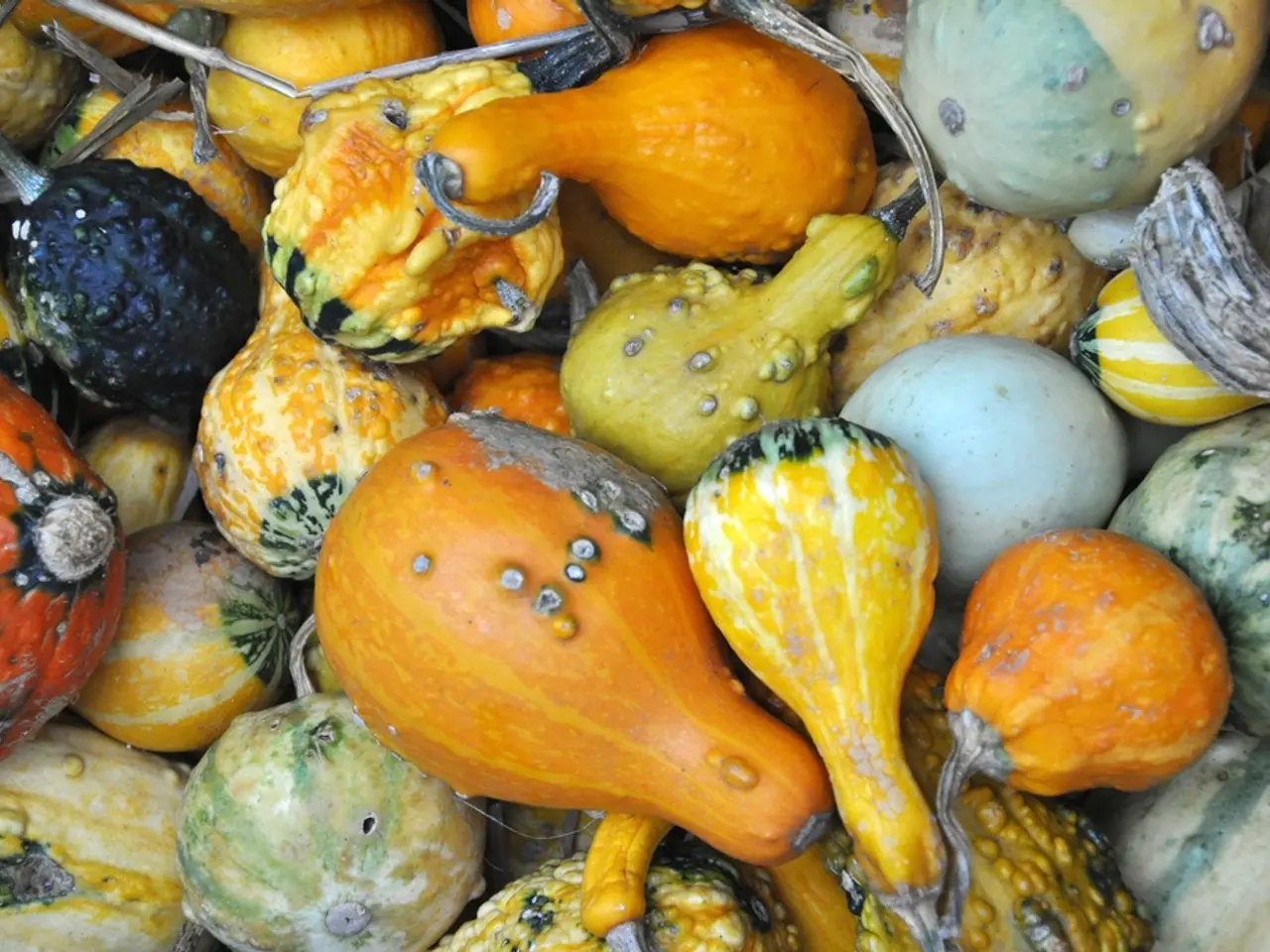"Cancer-enhancing compound" discovered in corn and mangoes
In a groundbreaking discovery, researchers from the University of Chicago have found that the natural pigment zeaxanthin, commonly found in foods like corn, mangoes, spinach, and other fruits and vegetables, could potentially enhance the effectiveness of cancer therapy. This discovery could be a significant step towards the development of nutritional immunology - the search for natural compounds that can bolster modern cancer treatment methods.
The study, published in the journal Cell Reports Medicine, suggests that zeaxanthin may have a role in slowing tumor growth and enhancing the effectiveness of cancer therapy. In laboratory conditions, zeaxanthin enhanced the ability of human T-cells to destroy melanoma, myeloma, and glioblastoma cells.
When combined with immune checkpoint inhibitors, the therapy became even more effective. The researchers found that zeaxanthin stabilises receptors on the surface of T-lymphocytes and activates signaling pathways necessary for their full function. This could potentially make the immune system more effective in fighting cancer cells.
Experiments on mice showed that a diet high in zeaxanthin slowed tumor growth on its own. This finding adds to the potential of zeaxanthin as a promising candidate for use in immunotherapy schemes.
Unlike many experimental agents, zeaxanthin is already available as a safe dietary supplement for eye health. However, clinical trials will need to be conducted before zeaxanthin can be integrated into clinical practice as an adjunct therapy.
The research was led by Jing Chen, PhD, and her team, who are currently investigating the use of zeaxanthin as an adjunct therapy to cancer immunotherapy. Their study demonstrates that zeaxanthin enhances the activity of CD8+ T cells, boosting anti-tumor immunity.
Further clinical studies are needed to establish protocols for integrating zeaxanthin supplements with existing cancer immunotherapies in practice. Though specific trials have not yet been detailed in the sources, the potential for natural compounds in cancer treatment, as demonstrated by this study and previous research like the elimination of pancreatic cancer cells by a sugar substitute, is an exciting development in the field.
Read also:
- Understanding Hemorrhagic Gastroenteritis: Key Facts
- Stopping Osteoporosis Treatment: Timeline Considerations
- Tobacco industry's suggested changes on a legislative modification are disregarded by health journalists
- Expanded Community Health Involvement by CK Birla Hospitals, Jaipur, Maintained Through Consistent Outreach Programs Across Rajasthan








